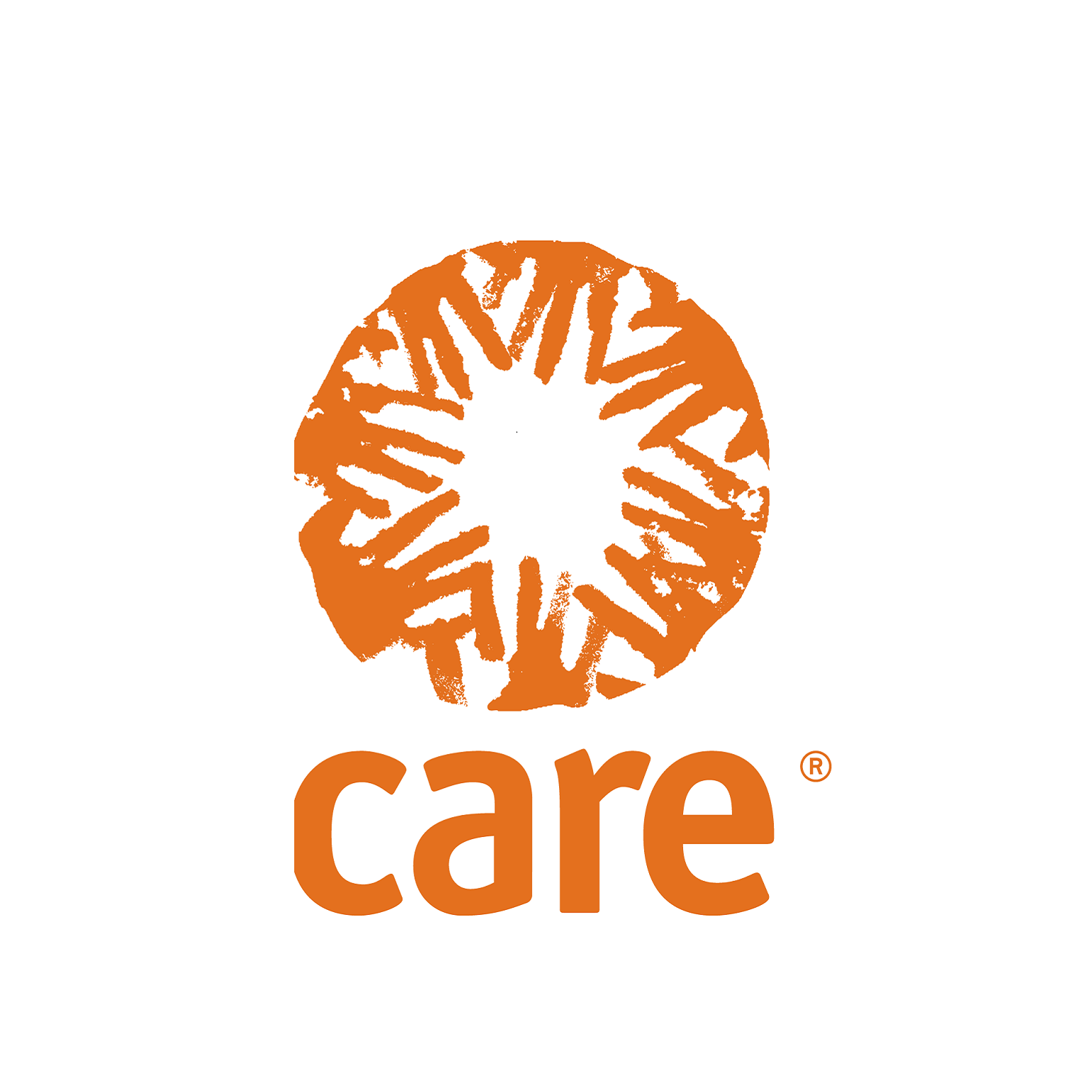Episodes
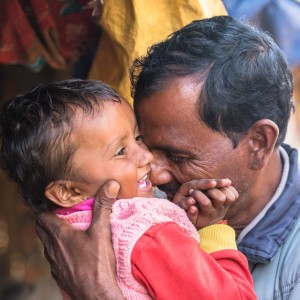
Wednesday Oct 16, 2019
Square Pegs and Round Holes: Fitting research to community needs
Wednesday Oct 16, 2019
Wednesday Oct 16, 2019
Anne Sprinkel and Dipendra Sharma from CARE's Tipping Point project talk about the challenges in implementing RCTs, and the risk of sacrificing communities' needs to the methodological rigor that researchers demand. "Make sure you have a good reason for doing an RCT," says Sprinkel. Sharma adds, "Start with good programming, then build research around it." They also have some great tips for managing expectations, clear communication, and just how long it takes to do it right (Hint: it's a lot longer than you think).
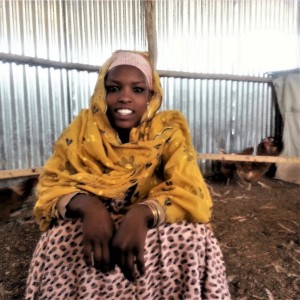
Tuesday Oct 08, 2019
Tuesday Oct 08, 2019
Zegeye Bante from CARE Ethiopia talks about working with youth VSLA, and what changes that requires from our traditional models. Youth are visionary and impatient, and want to meet their goals fast, so we have to accelerate our programming. At the same time, making sure that young people really understand the model, and that their parents and teachers accept and support the work we are doing takes a lot longer than it does with adult groups. So we have to find ways to build in more time at the beginning, and then get faster results so youth keep coming back.
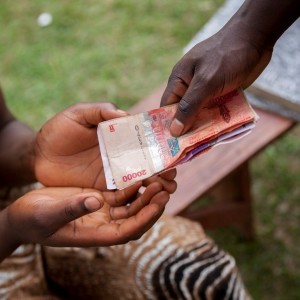
Thursday Sep 26, 2019
Exciting Times: Creating Urban Savings Groups With No Experience
Thursday Sep 26, 2019
Thursday Sep 26, 2019
Grace Majara and Takara Morgan talk about starting savings groups in Uganda's cities in 2008, with no experience, and no one on the team who had ever done it before. We assumed that the city VSLAs would be exactly the same as rural ones, and we were wrong. Differences in financial literacy, poor access to services, and the need to bring in people who understood the context are all key lessons from Grace's decade of experience in the space.
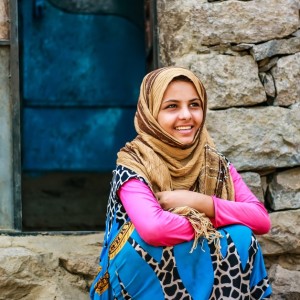
Thursday Sep 19, 2019
Mobility, Instability, and Crisis: Creating Savings Groups in Emergencies
Thursday Sep 19, 2019
Thursday Sep 19, 2019
Camille Davis and Barack Kinanga talk about the challenges of creating savings groups (VSLAs) in emergency settings. Barack works in Yemen, where they have been able to create savings groups, but only by making a lot of adjustments to our traditional model. Not every context works for VSLAs, and it takes longer for people in crisis to build up savings than in development settings. We also have to think about what happens if the people have to move again, and what they need to build resilience.
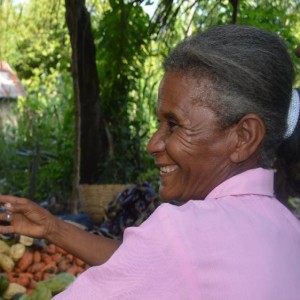
Wednesday Aug 28, 2019
Soyez Courageux et Realiste: Le lecons pour la creation des projets qui marche
Wednesday Aug 28, 2019
Wednesday Aug 28, 2019
Yawo Douvon et Barbara Jean Claude de CARE Haiti discute l'importance d'avoir le courage de dire quelque chose ne marche pas. Il faut du courage pour expliquer que les objectives ne sont pas realiste, et que nous risquons de ne pas tout accomplir. Avoir l'analyse du context--meme dans les cas d'urgence--le renforcement des rapports avec les bailleurs, la suivi des indicateurs, et la communcation sont tous les outils qui peuvent vous aider.

Thursday Aug 22, 2019
Be Bold and Realistic: Creating space for project plans that will work
Thursday Aug 22, 2019
Thursday Aug 22, 2019
Yawo Douvon and Barbara Jean-Claude from Haiti talk about the importance of being bold when it comes to admitting that something won't work. It takes courage to point out that goals and expectations are unrealistic, and that we might not get everything done. Getting good context analysis--even in emergencies--building solid donor relationships, carefully monitoring data, and being proactive in communications when something goes off track are all tips that can help you through a rocky project implementation. (French version will be coming the week of August 26th.)
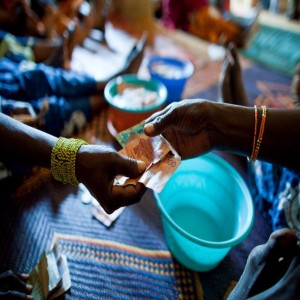
Friday Aug 09, 2019
Friday Aug 09, 2019
By popular demand, we've translated the August 1 Francophone episode into English. When CARE first started working with Village Savings and Loan Associations (VSLA) in Niger, we nearly broke the model because we were sure that we knew what to do, and women were wrong. Field staff were afraid to tell us that women were sharing out the money--a practice that is now a cornerstone of a global approach reaching millions of people. Why? Because it went against all of our assumptions about economic empowerment. Dr. Fatma Zennou from Niger talks about how to create a culture where people are not afraid to highlight innovations and the unexpected, where money isn't everything in empowerment, and where we help women put their voices together for change.

Thursday Jul 18, 2019
Thursday Jul 18, 2019
In our second francophone episode, Huguette Sekpe Sossouhounto from CARE Benin/Togo talks about how CLTS (a common sanitation approach) failed in her project, and how communities helped them find a Plan B that works. What are the key lessons learned? Pay attention to signs that something is going wrong, and then, "talk to the communities about what their dreams are, and how they can achieve those dreams." Local partners can help you find a solution.
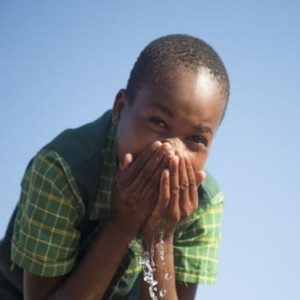
Monday May 20, 2019
The Learning From Failure Report: A Systemic Look at What Goes Wrong
Monday May 20, 2019
Monday May 20, 2019
Katie Pons from CARE talks about a current research effort to learn from what goes wrong based on CARE's evaluations. Using a qualitative analysis program called MAXQDA, Katie and her colleagues have been doing a meta-analysis to give us a more structured way to talk about failure, not just case by case, but in the broader systems sense. Listen to the podcast, and then tell us what reports you would like to see from this data set. Shout out in the comments, or e-mail ejanoch@care.org.
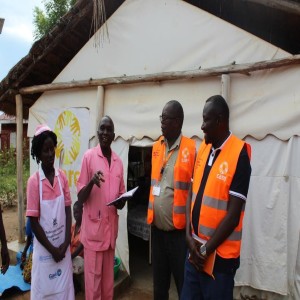
Wednesday Apr 10, 2019
Making People Suffer: The Perils of Partnership and Budget Delays
Wednesday Apr 10, 2019
Wednesday Apr 10, 2019
Mike Mukirane from Uganda's West Nile team talks about an attempt to recruit and pay midwives for a CARE project through the local government system. Because we didn't know enough to set it up well, the midwives went for 6 months without getting paid, "working tooth and nail" the whole time. Learning more from other partners' experience, thinking more carefully about contract requirements, and understanding implications of our budgeting choices are all recommendations for how to avoid the problem.
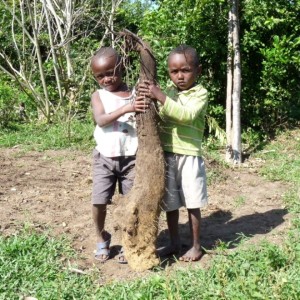
Wednesday Apr 03, 2019
It's All About Backup: When Experimental Systems Go Wrong
Wednesday Apr 03, 2019
Wednesday Apr 03, 2019
In our first ever Francophone episode, Fanomezantsoa Randrianarisoa from CARE Madagascar talks about what happens when you launch an experimental monitoring system before partners are ready for it. Besides challenges getting the data you need, there are serious risks to sustainability. Investing in people's skills, creating back-up plans, and aligning with global systems are some of the solutions.
Dans notre premier épisode francophone, Fanomezantsoa Randrianarisoa du CARE Madagascar explique ce qui se passe si vous lancez un nouveau system d’évaluation avant que l’équipe ne soit prêt. Il n’y a pas seulement les difficultés de trouver l’information, mais aussi les risques pour pérenniser le system. Les leçons appris comprennent : un appui au personnel, l’appropriation du system, et l’harmonisation avec les autres systems.
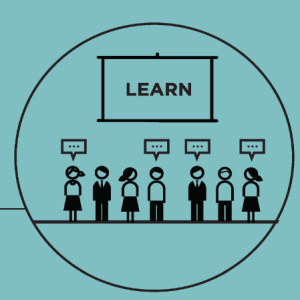
Wednesday Mar 27, 2019
The Art of Humility: Accepting Reality and Learning From Failure
Wednesday Mar 27, 2019
Wednesday Mar 27, 2019
Ian Lathrop from USAID’s LEARN project talks about how to show the art of humility, and learn from failures so we don’t repeat them. After action reviews, pause and reflect, and having leaders model behavior are all practical actions he suggests for getting better at this. Some of the resources he suggests to create space for learning from failure are USAID Learning Lab - CLA Maturity Tool Resources, the video on Community Connector and CLA: Proving the Concept, and Learning Lab’s failure blog.
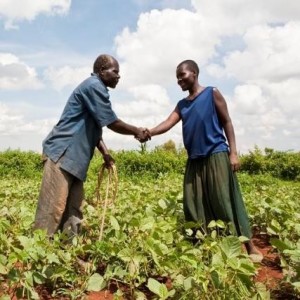
Tuesday Feb 19, 2019
Tuesday Feb 19, 2019
Octavio de Sousa from CARE Mozambique talks about our recent post-project evaluation of agriculture adoption. Some practices the community never adopted—but didn’t tell us until 5 years later. Some they did adopt, but market forces made it impractical after the project ended. Octavio reflects on how power dynamics, safe spaces, and incentives can prevent us from making the best impact possible, and from applying our learning. Read the Learning Brief published with our partner FANRAPAN here.
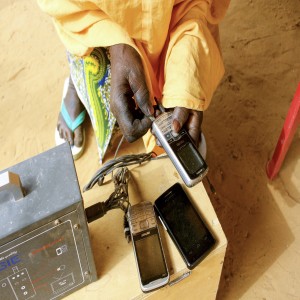
Wednesday Feb 13, 2019
Digital Projects and the Danger of Expertise
Wednesday Feb 13, 2019
Wednesday Feb 13, 2019
Mark Malhotra from CARE’s Innovation team talks about the process of designing digital solutions, and the danger of trusting experts when it seems like they aren’t delivering what you need. Human centered design, frequent check ins, and setting clear expectations with consultants all feature as tips to make your next digital experience easier. Tip: just because someone else in an expert, it doesn’t mean you’re wrong.
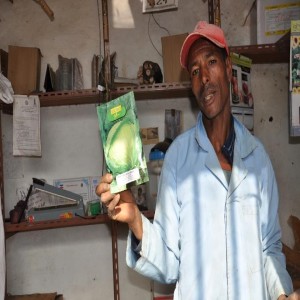
Wednesday Feb 06, 2019
Processes and Privilege: How to prioritize innovative local partners in market solutions
Wednesday Feb 06, 2019
Wednesday Feb 06, 2019
Bob Rabatsky from Fintrac discusses his experiences as the Chief of Party for Feed the Future’s Partnering For Innovation, and what it teaches us about working with the private sector and market based solutions. Re-setting application processes to prioritize qualified local businesses, focusing on setting good milestones, and overcoming resistance to private sector solutions are some of his key takeaways.

